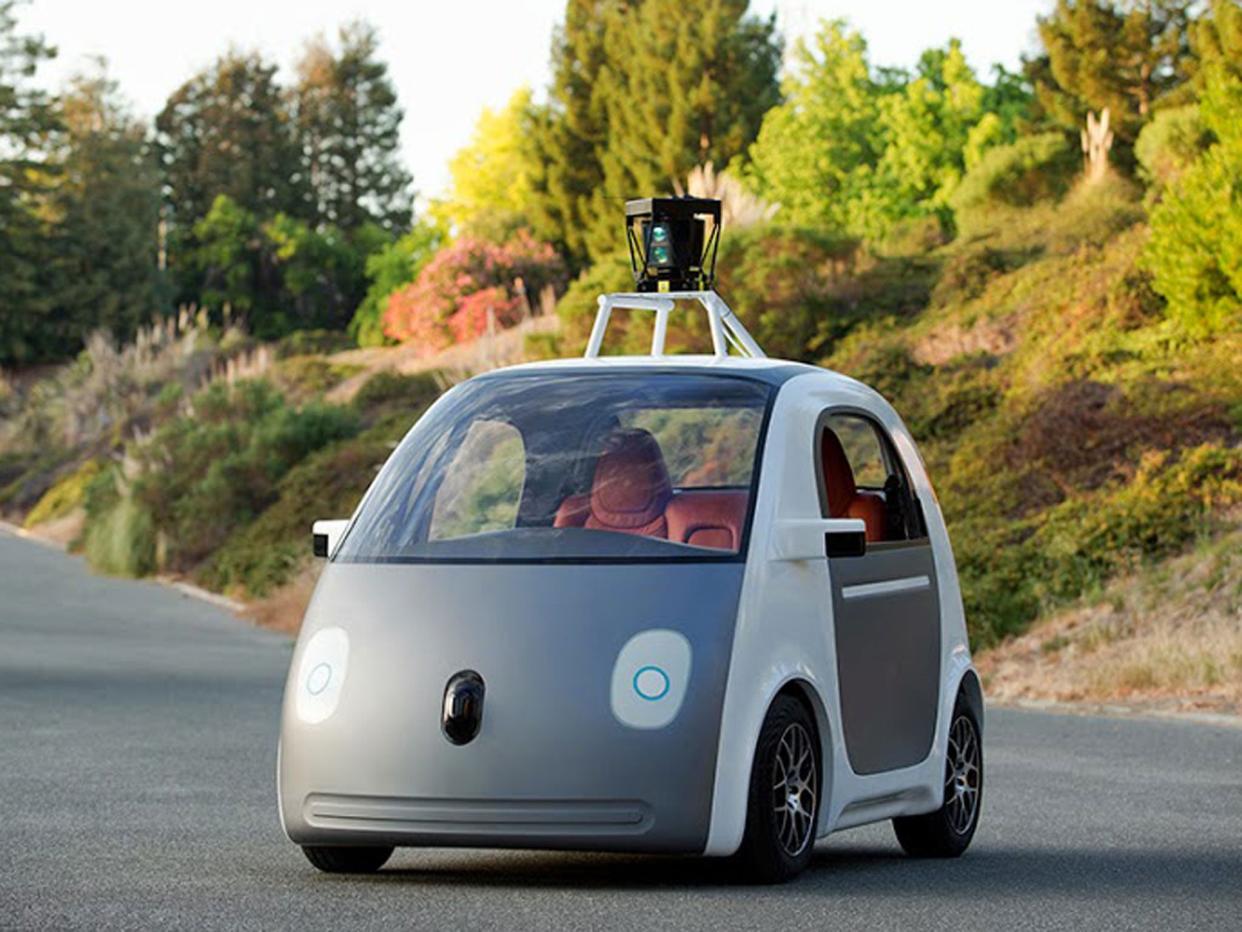The Top 10: Technologies that are just about to solve big problems but probably won’t ever work

This list started in 2018 as a joke about max fac, short for maximum facilitation, which was Theresa May’s magic way of making the border between Northern Ireland and the Republic disappear. I compared it to other wonderful technologies that hadn’t been invented yet, such as carbon capture and storage and self-driving cars.
1. Carbon capture and storage. The perpetual motion machine of climate action, aiming to trap the carbon dioxide produced by burning fossil fuels, thereby, er, not burning them. Julian Self pointed out that this technology was in fact “invented a long time ago in a galaxy far, far away” and supplied a picture of Han Solo frozen in a block of carbonite.
2. Self-driving cars. A lot of cross people tell me the technology already exists. In theory but not in practice, I say.
3. Hydrogen power. The prime minister is said to be greatly excited by this, including Jet Zero, the idea of carbon-free air travel. The problem for planes is that even liquid hydrogen takes a lot of space and has to be stored at near absolute zero temperature; for anything else the problem is that it takes a lot of electricity to make hydrogen, so why not just use electricity and cut out a stage?
4. Nuclear fusion. Or cold fusion (as opposed to the hot kind that happens in the Sun). The latest studies in the Journal of Plasma Physics, published last month, suggest a viable nuclear fusion reactor – one that spits out more energy than it consumes – could be here as soon as 2025, said Henry Peacock. Also nominated by David Bertram, Andrew Ruddle, Paul T Horgan and John Terces.
5. Blockchain. Records, called blocks, linked using cryptography. “Enthusiasts have yet to meet a problem they don’t think blockchain will solve or revolutionise,” said Martin Jaques, adding: “I’ve yet to see a blockchain technology I think has solved a problem that actually existed.”
6. Graphene. A sheet of carbon one atom thick, with some remarkable properties, described by The New Yorker as “fast, strong, cheap and impossible to use”. Nominated by Gareth Flynn. It is a form of nanotechnology (because it is very small in one dimension), which someone said was “the technology of the future – and it always will be,” according to Jonathan Law.
7. Quantum computing. Thanks again to Martin Jaques. I have no idea, but, as Lisa Markwell, editor of The Independent on Sunday, used to say, “Biwisi” – believe it when I see it.
8. Rockets or scramjets on commercial airliners. “Apparently we’ll be able to get to Sydney in two hours any day now,” said David Parry.
9. Virtual reality. Basically a computer game with even better graphics. Thanks to Gareth Flynn.
10. VAR. Video assistant referee. It seems to solve one set of problems by creating worse ones. Thanks to Andrew Meldrum.
At least one of these is going to look silly in 10 years’ time, but we take the big risks in this feature.
This week’s attempts to win the “there’s always one” award were made by: Paul Stothard (“a credible centrist party”); David Webb (“Corbynism”); John Biggins (“Corbyn capture and storage” – although I think that might have been invented now); Chris Mason (“printers”); John Holder (“Excel”); and a lot of nominations for a coronavirus vaccine, and a working test, trace and isolate system. Honourable mentions all.
Next week: Ghosts, starting with Timothy Claypole, Jacob Marley and Dr Malcolm Crowe.
Coming soon: Songs that end suddenly, starting with “Virginia Plain” by Roxy Music.
Your suggestions please, and ideas for future Top 10s, to me on Twitter, or by email to top10@independent.co.uk
Read more
Top 10 TV shows that lasted longer than the events portrayed
Mea Culpa: A waterlogged cushion fails to block the sea lanes

